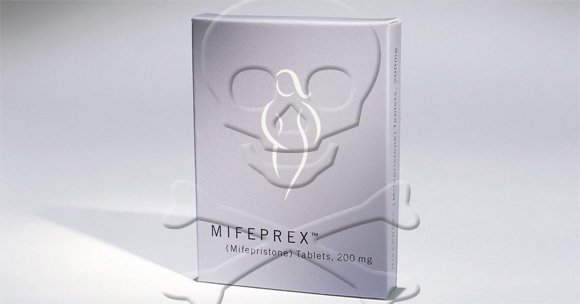
By Cheryl Sullenger
For thousands of years, mankind has sought a way to extend its lifespan. Rumors of a “Fountain of Youth” have persisted down through the centuries. If one could just drink from the mythical fountain, one could stave off the effects of aging and live forever.
In the sixteenth century, Ponce de León’s famous quest for the Fountain of Youth led him to be among the first Europeans to explore what is now the state of Florida. But, it didn’t work out so well for him. Instead of finding the secret to longevity, the quest cost him his life.
Fast-forward to the 21st Century, where the search for the Fountain of Youth continues – but instead of seeking a literal fountain, like Ponce de León, researchers are looking to biomedical technology for anti-aging treatments that might not just make a person appear younger, but also stave off the inevitable aging process, and ultimately death, for many years.
Currently, there is an all-out race to develop pharmaceuticals that will extend the lives of human beings.
A “breakthrough,” of sorts, was announced this month by a group of researchers from the University of Southern California, Dornsife College of Letters, Arts, and Sciences.
That breakthrough involves an unlikely source: the abortion pill Mifeprex, or mifepristone, also known as RU486.
The researchers reportedly found that Mifeprex extends the life of mated female Drosophila fruit flies. They have extrapolated that this discovery may be the key that unlocks the secret to lengthening the lifespan of humans.
Although there are some similarities in humans to the biological pathways in fruit flies that have been affected by mifepristone, the belief that the abortion pill can actually can actually help people enjoy longer lives is only a hypothesis.
There are several things to consider before celebrating this supposed “breakthrough” in the quest for the proverbial Fountain of Youth.
Although known as the “abortion pill,” Mifeprex, is taken in combination with another drug, Misoprostol. The deadly cocktail has taken the lives of millions of innocent babies in the womb since the Food and Drug Administration (FDA) approved it in 2000. Abortion drugs now account for about 40 percent of all abortions in the U.S.
Currently, there is a huge push to expand the use of the abortion drugs even further. Abortion businesses like Planned Parenthood have used the COVID-19 pandemic to increase the distribution of the abortion pill through the use of telemedicine and even the U.S. Mail – a scheme that is being opposed in court by the FDA.
Today, pro-life groups, including Operation Rescue, want to ban the use of Mifeprex to end the lives of babies in the womb. The Trump Administration, which has promised to defend life from conception until natural death, seems sympathetic to that cause.
The current rash of articles trumpeting the thin possibility that this lethal drug could lengthen human lives is more than likely a public relations effort to ensure that Mifeprex is never restricted or banned – and continues to kill.
In fact, there appears to be a concerted effort to find some redeemable quality in the abortion drug, because currently, there isn’t one.
The possibility also has been raised, without much evidence, that Mifeprex may inhibit the growth of ovarian cancer, and treat other diseases.
However, no practical use for Mifeprex has yet been developed, much less approved, beyond taking the lives of unborn babies.
It is ironic, and at the same time, appalling, to realize that Mifeprex might extend the lives of some lucky people while continuing to take the lives of others not so fortunate. The entire scenario is fraught with injustice.
On the very slim chance that a potential “Fountain of Youth” that might be found in Mifeprex, it can never outweigh the evil and death that Mifeprex has wrought.
Think of it this way: If Zyclon B, the chemical used in World War II Nazi concentration camps to gas Jewish people and others, was found to have some useful property, would we support its use today, knowing its horrific history?
That is as unthinkable as expanding the use of the killer drug Mifeprex.
Its reputation is irreparably tainted by the blood of its innocent victims.
That’s why Operation Rescue opposes any further experimentation with Mifeprex as unethical, and will continue to fight to ban this dangerous abortion drug altogether.






